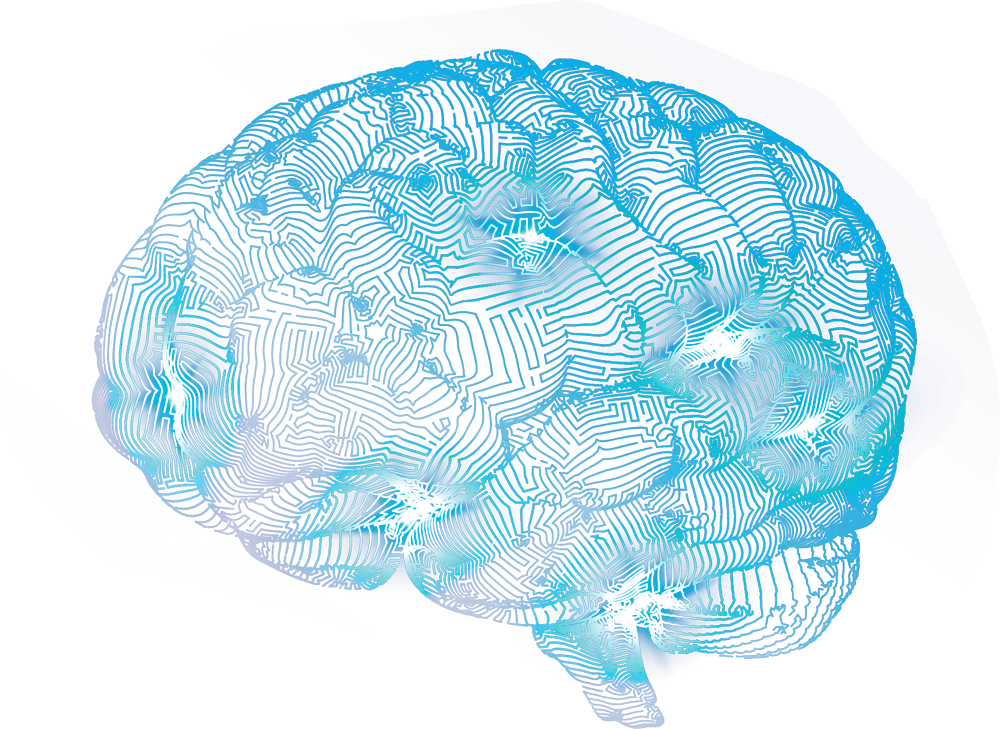Neuroscience & Brain Health for Fitness Professionals:
The Future of Wellness


Neuroscience & Brain Health for Fitness Professionals:

For who?
Emerging research demonstrates the significant benefits of exercise on the brain function and cognition, and global organizations and researchers have identified exercise as the one of the most prominent modifiable lifestyle factors to prevent and slow cognitive decline and prevent conditions such as Alzheimer’s Disease and related dementias, neurological conditions, and mental health issues.
However, are fitness professionals prepared with the information and strategies to provide education and value to clients to address the global brain and mental health epidemic? This workshop will review the basics of neuroscience, the research on the benefits of exercise, how different types of exercise may contribute to unique brain benefits, and how to create evidence-guided exercise programs to prevent and slow cognitive decline in various populations including older adults, those with concussions, athletes, and special populations.
Included in the costs of the workshop is full access to the Brain Health Trainer Course.
The Brain Health Trainer is an asynchronous (self-paced), 10-hour online course that provides learners information on the course of brain aging, the neuroscience of exercise, the exercise-cognition interaction, basic neuroanatomy, and various concepts in neurobiology as it relates to exercise and physical activity.
This course defines procedures for the subjective assessment of cognitive abilities and outlines processes for generating effective medical referrals in the context of brain health. Guidance on developing exercise programs and their variables for different cognitive functioning goals and a video library of combined cognitive-physical exercise techniques are provided.
Brain Health Trainer Course Outline
About The Presenter:
 Ryan Glatt is a personal trainer and brain-health coach with over a decade of experience. He currently practices brain-based strategies for cognitive enhancement at the Pacific Brain Health Center in Santa Monica, California in both clinical and research settings.
Ryan Glatt is a personal trainer and brain-health coach with over a decade of experience. He currently practices brain-based strategies for cognitive enhancement at the Pacific Brain Health Center in Santa Monica, California in both clinical and research settings.
Ryan constantly seeks to learn about health neuroscience research and practical strategies in both health coaching and personal training contexts. Ryan has pursued education from the Amen Clinics, The BrainFirst Training Institute, the Neuroscience Academy, and the Academy for Brain Health & Performance. He has completed the Master’s of Applied Neuroscience program at King’s College of London. He is currently enrolled in a Ph.D. program in Leadership: Health & Human Performance at Concordia University of Chicago.
He has worked with a wide variety of populations with various neurological considerations, including those with MCI, dementia, TBI, and Parkinson’s. Ryan focuses his practice and research on slowing cognitive decline for those with cognitive complaints and those who want to prevent neurodegenerative conditions.
He actively consults for technology companies that seek to enhance physical activity with cognitive training through Virtual Reality, mobile technology, and various hardware/software applications.
Recently, Ryan has released the Brain Health Trainer course, which is the first comprehensive course to be released on the topic of brain health and exercise. The course has already enrolled over 800+ health and fitness professionals.
Ryan continues to work to distill neuroscience research into the fitness and health industries in hopes of preparing them to play a role in slowing the global burden of cognitive decline.
About The Presenter:
 Ryan Glatt is a personal trainer and brain-health coach with over a decade of experience. He currently practices brain-based strategies for cognitive enhancement at the Pacific Brain Health Center in Santa Monica, California in both clinical and research settings.
Ryan Glatt is a personal trainer and brain-health coach with over a decade of experience. He currently practices brain-based strategies for cognitive enhancement at the Pacific Brain Health Center in Santa Monica, California in both clinical and research settings.
Ryan constantly seeks to learn about health neuroscience research and practical strategies in both health coaching and personal training contexts. Ryan has pursued education from the Amen Clinics, The BrainFirst Training Institute, the Neuroscience Academy, and the Academy for Brain Health & Performance. He has completed the Master’s of Applied Neuroscience program at King’s College of London. He is currently enrolled in a Ph.D. program in Leadership: Health & Human Performance at Concordia University of Chicago.
He has worked with a wide variety of populations with various neurological considerations, including those with MCI, dementia, TBI, and Parkinson’s. Ryan focuses his practice and research on slowing cognitive decline for those with cognitive complaints and those who want to prevent neurodegenerative conditions.
He actively consults for technology companies that seek to enhance physical activity with cognitive training through Virtual Reality, mobile technology, and various hardware/software applications.
Recently, Ryan has released the Brain Health Trainer course, which is the first comprehensive course to be released on the topic of brain health and exercise. The course has already enrolled over 800+ health and fitness professionals.
Ryan continues to work to distill neuroscience research into the fitness and health industries in hopes of preparing them to play a role in slowing the global burden of cognitive decline.
What To Bring: Water, Notepad, Yoga Mat/Cushion, Appropriate/Comfortable Shoes/Clothes, Lunch/Snacks are not provided
Learners will be able to:
Give examples of specific ways they can support clients towards brain health-related goals within their scope of practice.
Describe how specific neurological structures, networks, and functions are affected by the normal course of aging.
Identify the stages of the natural course of aging and differentiate between the brain’s characteristics at various ages.
Explain how lifestyle interventions can affect neurological structures and specific domains of cognitive functioning.
Use Brain Health Intake Interview data to create a multi-modal exercise and physical activity plan.
Apply cognitive tasks to existing exercise techniques and modify them according to an individual’s physical and/or cognitive performance.